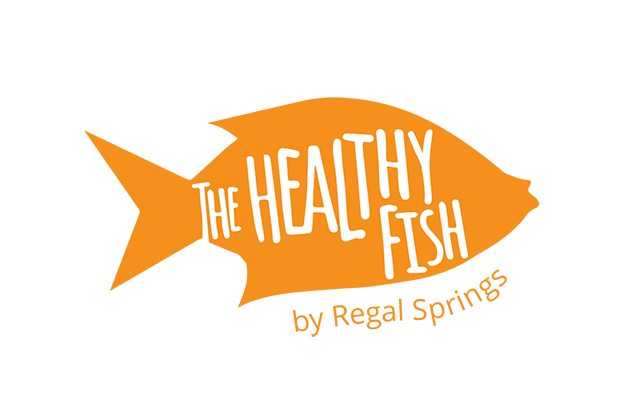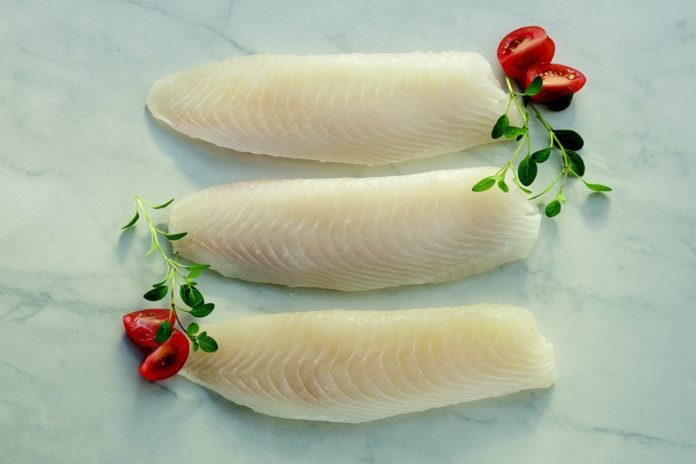Oftentimes, the pescetarian diet gets a bad rap for being unaffordable. Fish can be expensive, especially when it’s bought out of season or is wild and responsibly caught. However, a nutritional and varied pescetarian diet can be affordable when approached the right way. Here are a few recipes and tips for staying on-budget and minimizing food waste.
1. Go Completely Vegetarian for at Least One Meal a Day

Some people think that being pescetarian means eating fish at every meal, but there are other ways to work in protein creatively. Instead, continue to eat seafood as often as you normally would, but incorporate ingredients like eggs or slow-burning carbs like oatmeal into one meal a day. Breakfast is the perfect meal to load up on veggies, healthy fats, protein-based foods like eggs, or Greek yogurt.
It may seem like this scramble recipe by The New York Times makes a ton of food—and that’s because it does. It resembles a Piperade, a dish from the Basque region of Spain and France, made mostly of sautéed peppers and tomatoes. The twist on this classic dish is to make it into breakfast. If you want the same flavors, but don’t have time to make this dish, you can easily half the recipe and cook everything faster.
2. Use Canned Seafood for Easy Lunches

Get more bang for your buck by buying canned seafood in large quantities, especially when it’s on sale. Often times, your grocery store will sell canned tuna, salmon and sardines in 8–10 packs for even more savings. Plus, there is no need to worry about not being able to finish canned seafood before expiration dates—most canned products take 2–5 years to expire. Take this a step further by purchasing bulk quantities of canned items at superstores like Costco.
These tuna wraps from Dad With a Pan are delicious, simple and affordable. When all you want is tuna sandwich for lunch, they are the perfect pick for sticking to your budget. Plus, the bread won’t get soggy because there is none!
3. Head to the Frozen Food Aisle for Fish

Another method to maximize your budget while on a pescetarian diet is to buy frozen seafood. The frozen aisle typically hosts a wide variety of seafood options available at competitive costs. Plus, frozen seafood can be just as delicious as never-frozen fish—it all depends on how and when it was frozen. Shrimp, Tilapia fillets or tuna steaks are excellent fish products to pick up in the frozen food aisle. Be sure to read up on Common Additives to Watch Out for in Seafood Packaging before shopping.
This Tilapia recipe from Chocolate Salad is perfect in winter or summer—farmed Tilapia is always in season, so the price won’t fluctuate much. Plus, The coconut lemon spinach can be cooked down in the cold months, or be a fresh salad throughout summer.
Eating a well-rounded pescetarian diet doesn’t have to drain your pocketbook. Learn more about how to maximize your food budget with Grocery Tips: Inexpensive Ways to Shop for Healthy Food.
Photo Credits: Regal Springs, Aberdeen’s Kitchen, manolyto / Shutterstock Inc., Chocolate Salad






